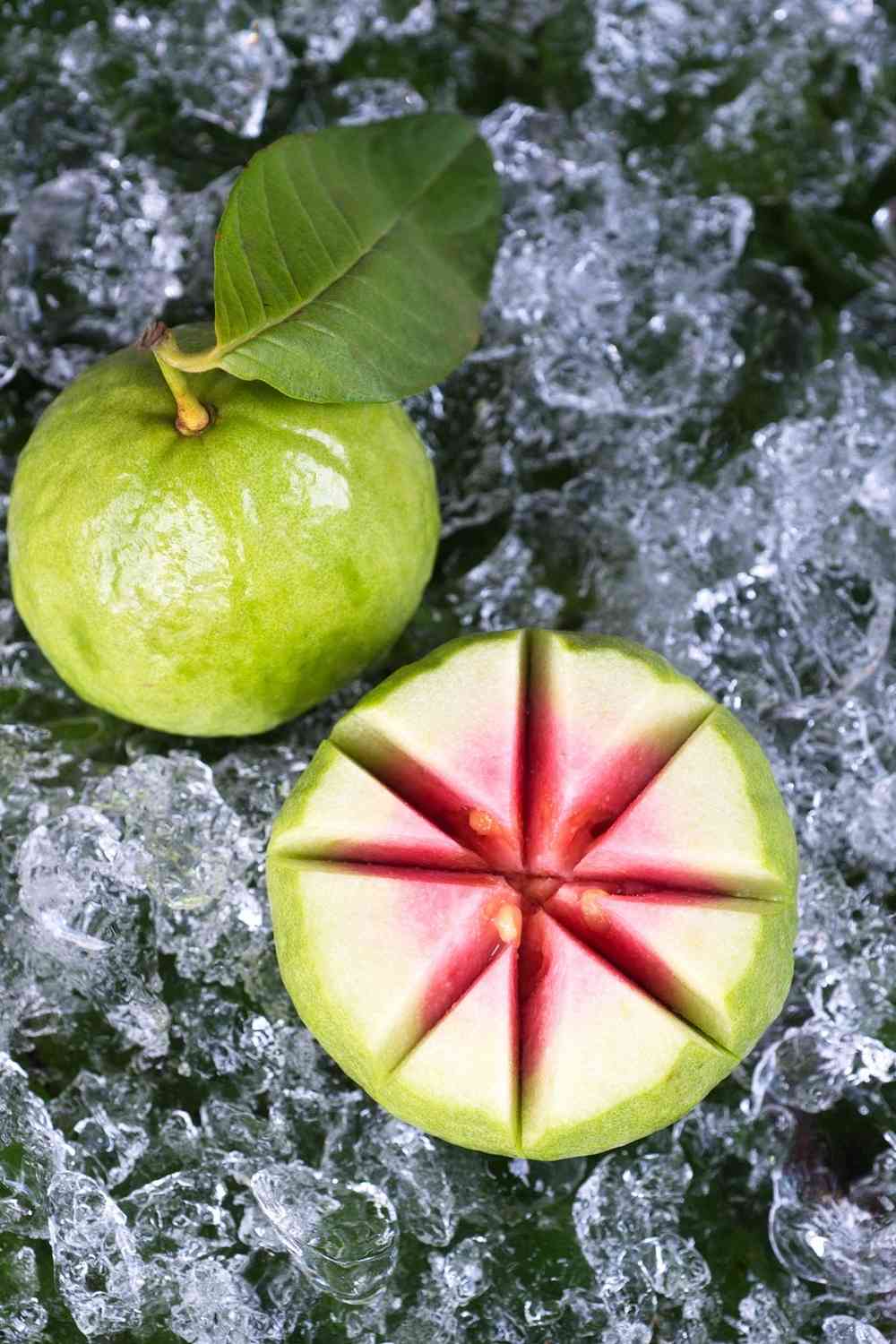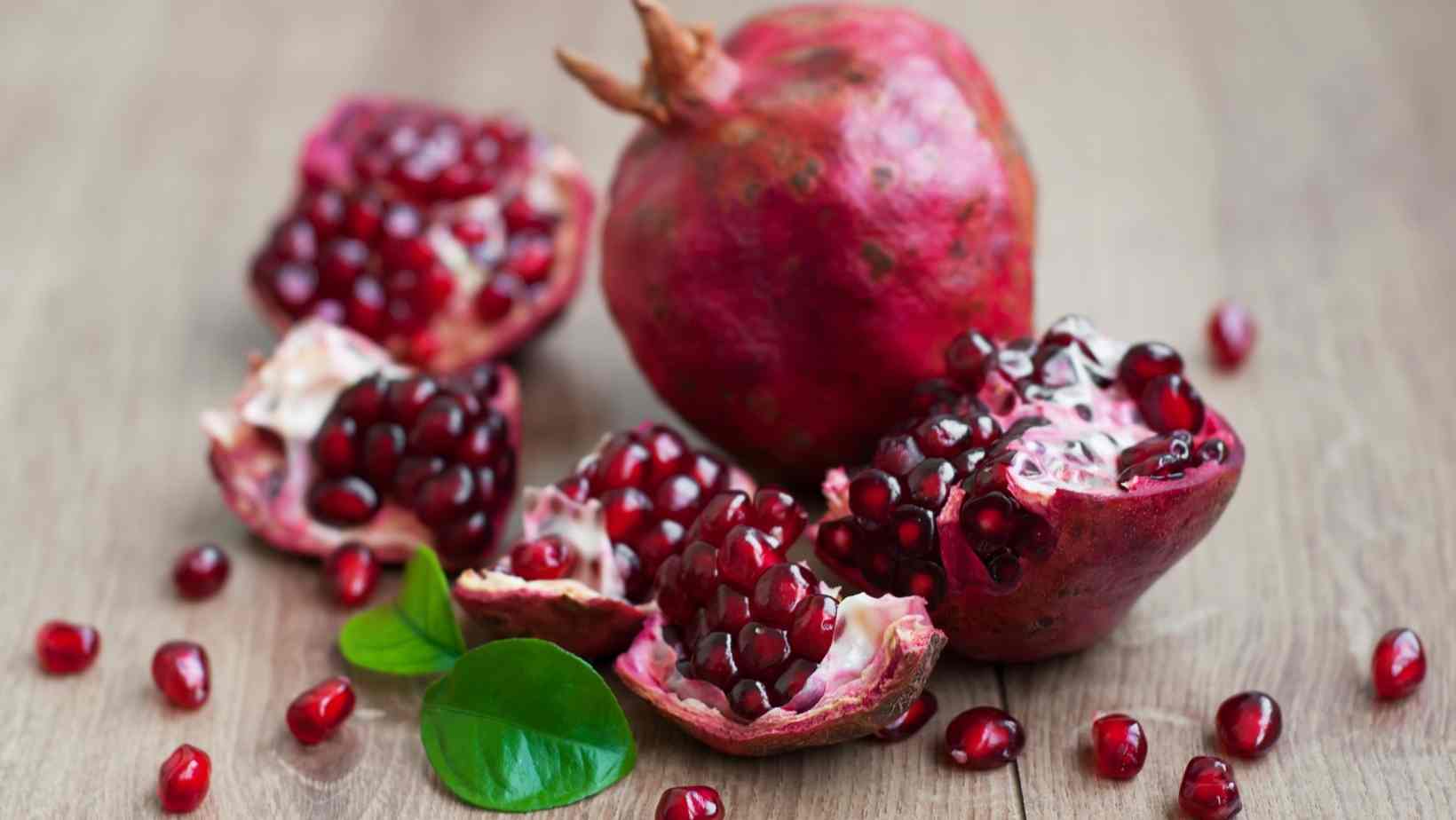You are encouraged to consume extra food as soon as you get pregnant. However, the adage "eat for two" does not apply to a pregnant woman. Being pregnant does not necessitate overeating; rather, you should eat a well-balanced diet to fulfill the increased nutritional needs of both you and your developing child. Vegetables and fruits are essential components of your food plan. Your body will not be able to meet the nutritional needs of the baby if you do not eat the required number of vegetables and fruits. Let's have a look at the importance of fruits during pregnancy and why you should make an effort to eat them every day.

Fruits' Importance During Pregnancy
Child development scientists in Canada recently discovered that mothers who ate more fruits during pregnancy had children who fared better on developmental tests after they reached the age of 12 months.
Fruits are the most essential element of your diet, and fruits high in vitamins, fiber, and minerals offer sustenance for both the mother and her developing child. Fruits provide some of the essential nutrients, and they may benefit you and your baby in the following ways:
- Fruits provide critical nutrients to the newborn, such as beta carotene, which aids in tissue and cell growth as well as the formation of a stronger immune system.
- Fruits are high in vitamin C, which is essential for a baby's bone and dental growth. It's also crucial for the body to acquire enough of this vitamin since it aids in the absorption of iron, which is a crucial mineral during pregnancy.
- During pregnancy, folic acid, a water-soluble B vitamin, is also essential. It helps to avoid embryonic development abnormalities in the brain and spinal cord.
- Fibre-rich fruits may aid with constipation and hemorrhoids, while iron-rich fruits can help prevent anemia.
- Potassium is necessary for your body's cells to maintain fluid and electrolyte equilibrium. Leg cramps are frequent during pregnancy, and they may be reduced by eating a potassium-rich diet.1
10 Healthy Fruit to Eat During Pregnancy:
Jump to:
1. Banana
Bananas are at the top of the fruit list because they include important nutrients including folate, vitamin C, B6, potassium, and magnesium. While folate protects the baby from neural tube abnormalities, Vitamin B6 helps to keep your salt levels in check. In pregnant women, unbalanced fluid levels may trigger nausea and vomiting, but the banana's high magnesium concentration helps to maintain a healthy fluid balance. During your first trimester, you should eat one banana every day.
2. Kiwi
Kiwi is ranked second because it is high in vitamins C, E, and A, as well as potassium, phosphorus, magnesium, folic acid, and dietary fiber. The respiratory system responds well to kiwis. Kiwis also aid in the prevention of colds and coughs. They contain a high phosphorus content and assist absorb iron, which reduces the risk of blood clotting.
3. Guava
Guava is a must-have throughout pregnancy because of the nutrients it contains. Vitamin C, E, iso-flavonoids, carotenoids, and polyphenols are all abundant. Guava also improves digestion and strengthens the neurological system of the newborn.

4. Apple
This is one of the most essential fruits to consume while pregnant since it boosts your baby's immunity and strength. It lowers your child's chances of wheezing, asthma, and eczema as he develops. Apples are nutrient-dense and include vitamins A, E, and D, as well as zinc.
5. Pear
Pears are close relatives of apples and are rich in folic acid. They're also a good source of vitamin C.
6. Custard Apple
Custard apples are high in vitamin A and C, which are essential for a developing baby's eyes, hair, skin, and body tissues. This seasonal fruit is also advised since it aids in your baby's cognitive development.
7. Pomegranate
Calcium, folate, iron, protein, and Vitamin C are all found in pomegranates. As a result, they are strongly advised throughout pregnancy.

8. Avocados
Avocados have a higher folate content than other fruits. They're also high in fiber, choline, magnesium, and potassium, as well as Vitamin C, B, and K. Iron is also found in avocados. Choline insufficiency might affect your baby's memory, therefore it's vital for his or her brain and nerve growth.
9. Mango
Vitamin C is abundant in mangoes, which promotes digestion, avoids constipation, and protects against mild infections. Mangoes, on the other hand, are a seasonal fruit that may not be accessible at all times.
10. Cherries
Cherries are high in Vitamin C, which helps to fight infections like the common cold. Cherries also guarantee that the placenta receives enough blood flow.




